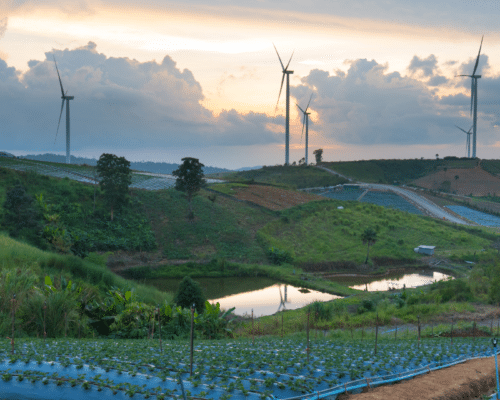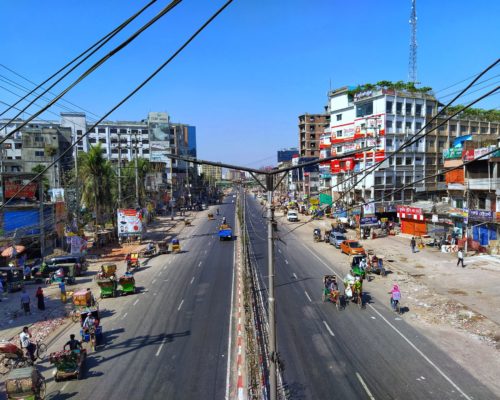Greening Urban Transport in Asia to Meet Net-Zero Goals
Source: Getty Images
28 October 2021 – by Eric Koons Comments (0)
The goal is to achieve net-zero emissions by reducing greenhouse gas emissions. Whilst world leaders have committed to a net-zero world by 2030, reducing carbon emissions and achieving net-zero emissions is no easy feat. The years following the Paris Agreement in 2016 proved this. Now, many are looking at the most straightforward shifts in consumer habits, with transport topping many lists.
From global trade, leisure and mobility, transports emissions are enormous. Reducing emissions in transport will have significant implications in achieving a net-zero world. More and more calls for cleaner transport options have led to the rapid rise of electric vehicles (EVs), innovative urban design and alternative fuel sources.
Asia, one of the world’s fastest-growing regions in both carbon emissions and populations, has the potential to propel sustainable transport into the mainstream. It must, however, get moving.
Achieving Net-Zero Emissions in Asia
Personal vehicle access in Asia has never been more accessible. Compared to the past, transport gaps are being rapidly filled with car ownership exploding. This is causing a considerable increase in emissions of greenhouse gases, carbon dioxide , congestion and air pollution in many urban areas and making it hard to achieve the goal of net-zero emissions.
There are already over 20 million cars on the road in Southeast Asia alone, with this number expected to balloon to 62 million by 2040. Experts suggest that more aggressive sustainable transport policies that focus on public transport, EVs and renewable energy would encourage positive shifts in reducing carbon dioxide emissions and oil consumption. World needs to emphasize more on renewable energy.
Asia at a Crossroads
As Asia continues its rapid growth trajectory, the demand for personal mobility is growing with it. At the same time, there are such policies in play, such as the “Avoid-Shift-Improve” framework, which encourages people to rethink their transport habits. Elsewhere, smart planning in urban design is taking shape – bringing essential amenities closer to home and removing people’s need to travel long distances. All these are contributing to Asia’s net-zero pledges.
To be successful, however, finance and infrastructure play critical roles for these visions to pan out. This is not an issue for nations like Singapore, but it is more complicated for neighbouring Malaysia.
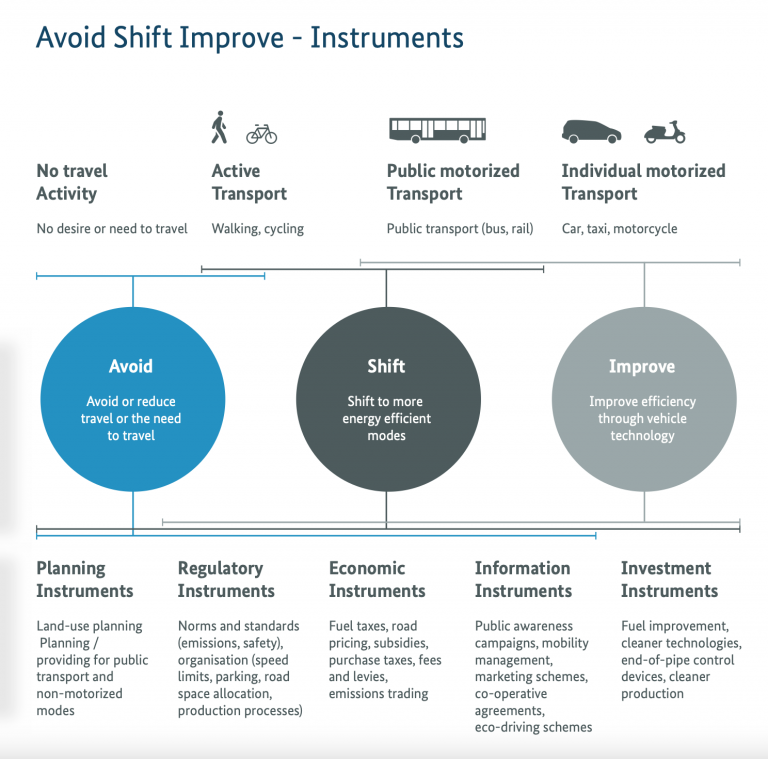
While large and economically powerful nations such as China, Japan and Singapore can enforce mandates on polluting vehicles or offer subsidies for EVs, other countries with less economic strength have substantially fewer options.
However, while the will to change is present in developing countries across Southeast Asia, investment is difficult to come by. The need for better access to financing, innovative solutions and greater public-private sector collaboration is great. Indeed, the quality of infrastructure and transport directly links to higher GDP per capita and levels on the Human Development Index.
Sustainable transport and planning options will be an integral part of the post-pandemic recovery in Southeast Asia. Focus, rightly so, should be going to moving people, not cars in pursuit of net-zero.
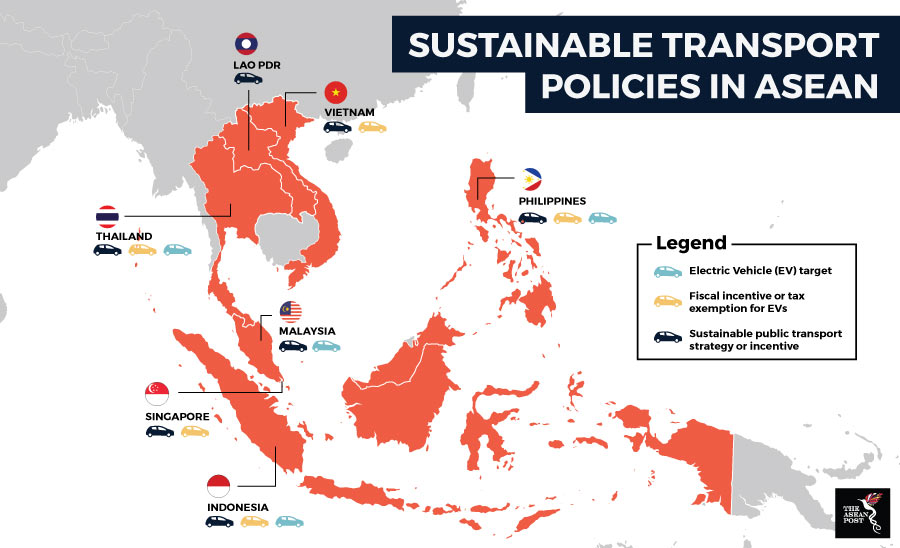
Leading by Example for Net-Zero – The Private Sector
Between governments and citizens lays a crucial link being the private sector. While being critical, the private sector is also enormously influential for the globe and its net-zero ambitions. Company decisions regarding the climate can influence broader government policy and encourage or discourage certain consumer behaviours.
Riding the global wave of consumer shifts related to climate action, companies like Tesla, whether through their operations or technology development, influence society – especially in transport. EVs are poised to become the most popular transport choice in the coming decades. This trend, arguably prompted first by Tesla, led other prominent car manufacturers to follow suit globally.
However, laggards like Toyota, who still push back against current trends meant to meet net-zero targets and lower carbon emissions, are slowing down implementation. It remains disappointing to see major entities refuse to adapt when the world needs them to do so.
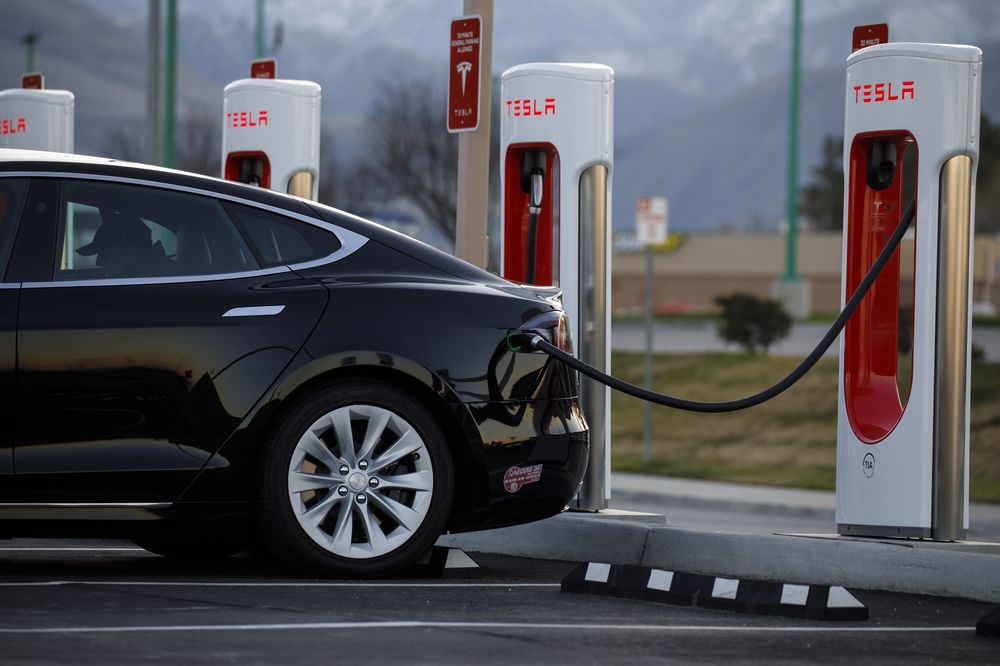
Reduction in Carbon Emissions and Greenhouse Gas Emissions
Other innovations to reduce carbon emissions in the private sector include technological advances in commercial transport. For instance, the International Maritime Organisation in 2018 targeted a reduction of greenhouse gas emissions from shipping by 50% by 2050 through technology and policy means. This has massive implications for Asia, as it is the world’s busiest shipping region.
Asia’s Sustainable Transport Potential
Asia is an integral part of the global fight against climate change and achieving net-zero. As the region continues to grow, so too does its potential to quickly move into more sustainable and climate-friendly ways of living.
Transport’s role in this transition is vital. So too is government policy, infrastructure and greater access to investment from the private sector. As the demand for mobility skyrockets, sustainable options must be the “go-to” option for people across Asia. However, time is of the essence.

by Eric Koons
Eric is a passionate environmental advocate that believes renewable energy is a key piece in meeting the world’s growing energy demands. He received an environmental science degree from the University of California and has worked to promote environmentally and socially sustainable practices since. Eric’s expertise extends across the environmental field, yet he maintains a strong focus on renewable energy. His work has been featured by leading environmental organizations, such as World Resources Institute and Hitachi ABB Power Grids.
Read more
